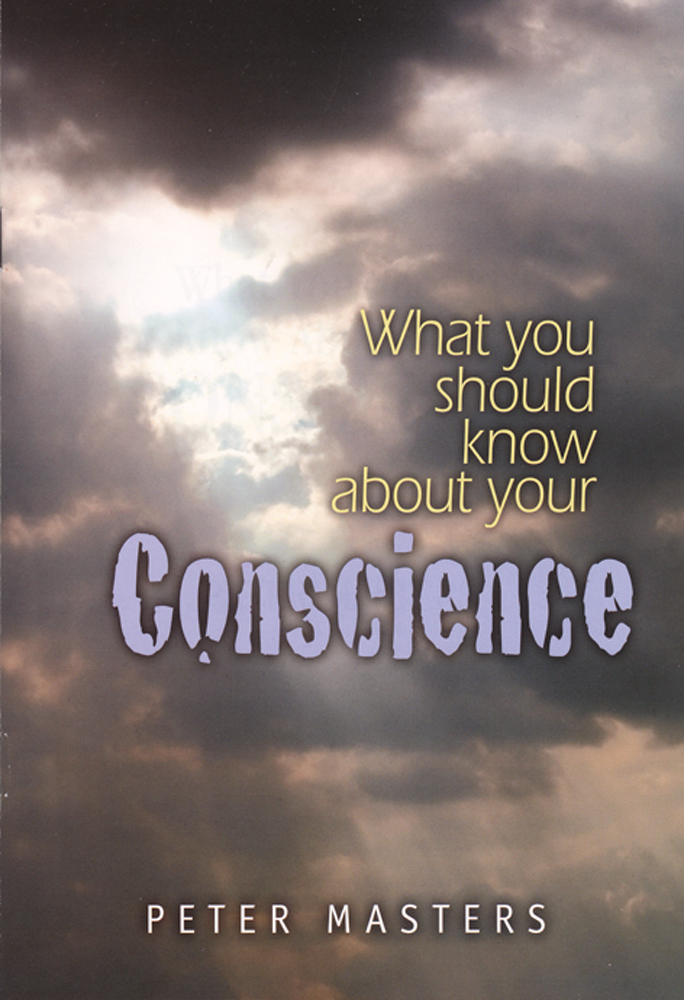
What is the mysterious faculty of conscience, and how does it function? What happens when it is abused, or attempts are made to reprogramme it? Can it cause psychosomatic illness? Here are all the vital facts, together with the only effective way of unburdening the hurting conscience.
Extract
Never has the human race been so advanced in knowledge, and yet never have people been more confused about themselves and their mental make-up. Take the role of the conscience. What is this mysterious faculty? How does it function? And what happens when it is abused?
It is surprising that so little is heard about the conscience since it gives no end of trouble to practically everyone and is behind a lot of sickness and stress at the present time. There are many conditions of body as well as mind which physicians cannot get to the bottom of, and we can only guess at the problems inflicted by a suppressed conscience. It is said in the Bible that people may suffer debilitating and even fatal illnesses through the stifling of this faculty.[1] Great thinkers of the past saw the hand of conscience in life’s strange afflictions to a degree seldom recognised today.
What is the conscience?
Among typical dictionary definitions of the conscience is the following: It is a faculty of self-awareness that judges our actions to see whether they are in harmony with our standards or beliefs.
King Solomon’s definition, recorded in the Book of Proverbs, describes conscience as a kind of independent inspector within us. ‘The spirit of man,’ says Solomon, ‘is the candle of the Lord, searching all the inward parts of the belly.’ That is a most haunting and searching concept of the conscience. Solomon presents it as a faculty within us, attached to our minds, which operates on behalf of the Creator, sifting the inner motives behind the things we do, and laying bare our guilt.
The Greek word translated conscience in the New Testament literally means – knowing together with. It refers to an independent witness to our actions – like a personal ombudsman. The laws or standards of God are stamped on our constitution, and the faculty of conscience stands alongside, operating like a policeman or magistrate.
In many countries the judges are independent of state interference, and they jealously preserve that status. Other nations, however, do not have such a system, and they will sometimes say to a government that does, ‘Why have you not told your judges to free that prominent subject of ours, whom you have charged with various crimes?’ They seem to think that just as they overrule their judges, so all governments can do likewise. They are unable to grasp that others really do have an independent judiciary, and that the state cannot interfere. To a great extent, the conscience has this status. It certainly can be silenced, bent, manipulated and corrupted, but whatever we do, conscience always keeps a degree of independence, and it may at any time remember its original standards and produce sensations of shame and guilt. No matter how determined we may be to reprogramme the conscience, and conform it to what we want to think is right, it has a habit of recovering its independence. It is corruptible, yes, but never wholly corruptible. It will unexpectedly, and in various ways, assert its existence.
[1] 1 Corinthians 11.28-30.














